
Pet Loss Grief Support
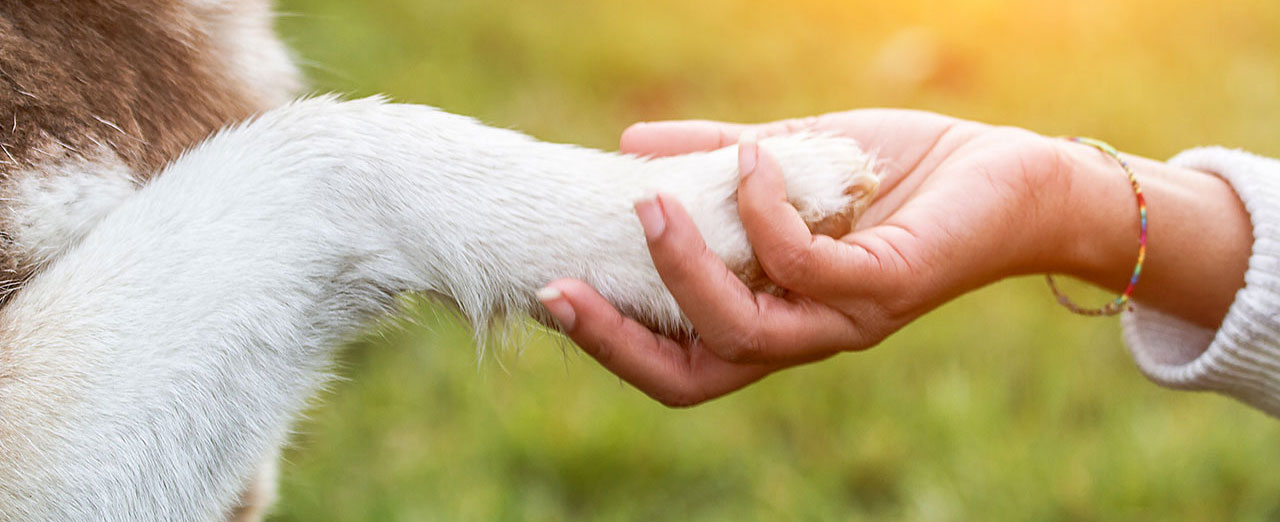
Anyone who is having difficulty with the loss of their pet is welcome to come and share their stories and to mourn together in a supportive, confidential, understanding atmosphere with others who have experienced similar losses.
Grief Support Meetings will be held within the Zoom online meeting platform. Participant who wish to attend will receive an email link to easily connect to the meeting. For more information on the meetings or to request a link to the next upcoming meeting please contact our facilitator Cammie Ouellette at:
What To Expect
Participants are welcome to share as much or as little as they want, and are welcome to bring photos or other memorabilia to enhance their stories, and to honour the unique relationship they had with their pet. These sessions are free, but please contact us to RSVP a space, as space is limited. You may also reach out to one of our facilitators for any questions you may have. (griefsupport@okanaganpetcremation.ca)
Ten Tips on Coping with the Loss of a Pet
Anyone who considers a pet a beloved friend, companion, or family member knows the intense pain that accompanies the loss of that friend. Following are some tips on coping with that grief, and with the difficult decisions one faces upon the loss of a pet.
1. Am I crazy to hurt so much?
Intense grief over the loss of a pet is normal and natural. Don’t let anyone tell you that it’s silly, crazy, or overly sentimental to grieve! During the years you spent with your pet (even if they were few), it became a significant and constant part of your life. It was a source of comfort and companionship, of unconditional love and acceptance, of fun and joy. So don’t be surprised if you feel devastated by the loss of such a relationship.
People who don’t understand the pet/owner bond may not understand your pain. All that matters, however, is how you feel. Don’t let others dictate your feelings: They are valid, and may be extremely painful. But remember, you are not alone: Thousands of pet owners have gone through the same feelings.
2. What Can I Expect to Feel?
Different people experience grief in different ways. Besides your sorrow and loss, you may also experience the following emotions:
Guilt may occur if you feel responsible for your pet’s death—the “if only I had been more careful” syndrome. It is pointless and often erroneous to burden yourself with guilt for the accident or illness that claimed your pet’s life, and only makes it more difficult to resolve your grief.
Denial makes it difficult to accept that your pet is really gone. It’s hard to imagine that your pet won’t greet you when you come home, or that it doesn’t need its evening meal. Some pet owners carry this to extremes, and fear their pet is still alive and suffering somewhere. Others find it hard to get a new pet for fear of being “disloyal” to the old.
Anger may be directed at the illness that killed your pet, the driver of the speeding car, the veterinarian who “failed” to save its life. Sometimes it is justified, but when carried to extremes, it distracts you from the important task of resolving your grief.
Depression is a natural consequence of grief, but can leave you powerless to cope with your feelings. Extreme depression robs you of motivation and energy, causing you to dwell upon your sorrow.
3. What can I do about my feelings?
The most important step you can take is to be honest about your feelings. Don’t deny your pain, or your feelings of anger and guilt. Only by examining and coming to terms with your feelings can you begin to work through them.
You have a right to feel pain and grief! Someone you loved has died, and you feel alone and bereaved. You have a right to feel anger and guilt, as well. Acknowledge your feelings first, then ask yourself whether the circumstances actually justify them.
Locking away grief doesn’t make it go away. Express it. Cry, scream, pound the floor, talk it out. Do what helps you the most. Don’t try to avoid grief by not thinking about your pet; instead, reminisce about the good times. This will help you understand what your pet’s loss actually means to you.
Some find it helpful to express their feelings and memories in poems, stories, or letters to the pet. Other strategies including rearranging your schedule to fill in the times you would have spent with your pet; preparing a memorial such as a photo collage; and talking to others about your loss.
4. Who can I talk to?
If your family or friends love pets, they’ll understand what you’re going through. Don’t hide your feelings in a misguided effort to appear strong and calm! Working through your feelings with another person is one of the best ways to put them in perspective and find ways to handle them. Find someone you can talk to about how much the pet meant to you and how much you miss it—someone you feel comfortable crying and grieving with.
If you don’t have family or friends who understand, or if you need more help, ask your veterinarian or humane association to recommend a pet loss counselor or support group. Check with your church or hospital for grief counseling. Remember, your grief is genuine and deserving of support.
5. When is the right time to euthanize a pet?
Your veterinarian is the best judge of your pet’s physical condition; however, you are the best judge of the quality of your pet’s daily life. If a pet has a good appetite, responds to attention, seeks its owner’s company, and participates in play or family life, many owners feel that this is not the time. However, if a pet is in constant pain, undergoing difficult and stressful treatments that aren’t helping greatly, unresponsive to affection, unaware of its surroundings, and uninterested in life, a caring pet owner will probably choose to end the beloved companion’s suffering.
Evaluate your pet’s health honestly and unselfishly with your veterinarian. Prolonging a pet’s suffering in order to prevent your own ultimately helps neither of you. Nothing can make this decision an easy or painless one, but it is truly the final act of love that you can make for your pet.
6. Should I stay during euthanasia?
Many feel this is the ultimate gesture of love and comfort you can offer your pet. Some feel relief and comfort themselves by staying: They were able to see that their pet passed peacefully and without pain, and that it was truly gone. For many, not witnessing the death (and not seeing the body) makes it more difficult to accept that the pet is really gone. However, this can be traumatic, and you must ask yourself honestly whether you will be able to handle it. Uncontrolled emotions and tears—though natural—are likely to upset your pet.
Some clinics are more open than others to allowing the owner to stay during euthanasia. Some veterinarians are also willing to euthanize a pet at home. Others have come to an owner’s car to administer the injection. Again, consider what will be least traumatic for you and your pet, and discuss your desires and concerns with your veterinarian. If your clinic is not able to accommodate your wishes, request a referral.
7. What do I do next?
When a pet dies, you must choose how to handle their remains.
Burial is often not available to everyone. City regulations usually prohibit pet burials, and this is not a good choice for renters or people who move frequently.
Cremation is an option that allows you to handle your pet’s remains in a variety of ways: bury them (even in the city), scatter them in a favorite location or even keep them with you in a decorative urn (of which a wide variety are available).
Check with your veterinarian or pet cremation facility for options available in your area. Consider your living situation, personal and religious values, finances, and future plans when making your decision. It’s also wise to make such plans in advance with your veterinarian or pet crematorium, rather than hurriedly in the midst of grief.
8. What should I tell my children?
You are the best judge of how much information your children can handle about death and the loss of their pet. Don’t underestimate them, however. You may find that, by being honest with them about your pet’s loss, you may be able to address some fears and misperceptions they have about death.
Honesty is important. If you say the pet was “put to sleep,” make sure your children understand the difference between death and ordinary sleep. Never say the pet “went away,” or your child may wonder what he or she did to make it leave, and wait in anguish for its return. That also makes it harder for a child to accept a new pet. Make it clear that the pet will not come back, but that it is happy and free of pain.
Never assume a child is too young or too old to grieve. Never criticize a child for tears, or tell them to “be strong” or not to feel sad. Be honest about your own sorrow; don’t try to hide it, or children may feel required to hide their grief as well. Discuss the issue with the entire family, and give everyone a chance to work through their grief at their own pace.
9. Will my other pets grieve?
Pets observe every change in a household, and are bound to notice the absence of a companion. Pets often form strong attachments to one another, and the survivor of such a pair may seem to grieve for its companion. Cats grieve for dogs, and dogs for cats.
You may need to give your surviving pets a lot of extra attention and love to help them through this period. Remember that, if you are going to introduce a new pet, your surviving pets may not accept the newcomer right away, but new bonds will grow in time. Meanwhile, the love of your surviving pets can be wonderfully healing for your own grief.
10. Should I get a new pet right away?
Generally, the answer is no. One needs time to work through grief and loss before attempting to build a relationship with a new pet. If your emotions are still in turmoil, you may resent a new pet for trying to “take the place” of the old—for what you really want is your old pet back. Children in particular may feel that loving a new pet is “disloyal” to the previous pet.
When you do get a new pet, avoid getting a “lookalike” pet, which makes comparisons all the more likely. Don’t expect your new pet to be “just like” the one you lost, but allow it to develop its own personality. Never give a new pet the same name or nickname as the old. Avoid the temptation to compare the new pet to the old one: It can be hard to remember that your beloved companion also caused a few problems when it was young!
A new pet should be acquired because you are ready to move forward and build a new relationship—rather than looking backward and mourning your loss. When you are ready, select an animal with whom you can build another long, loving relationship—because this is what having a pet is all about!
The above Ten Tips on Coping with the Loss of a Pet are Copyright © 2002 by Moira Allen.
Reprinted from The Pet Loss Support Page: http://www.pet-loss.net
News Feed
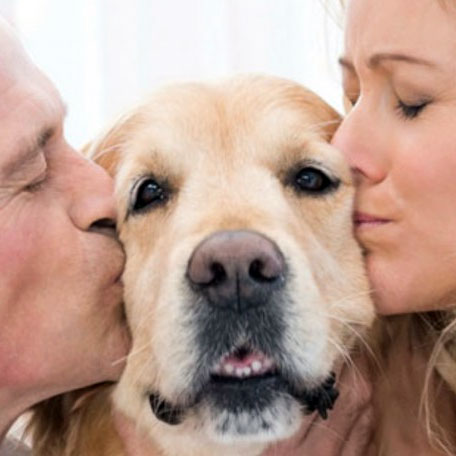
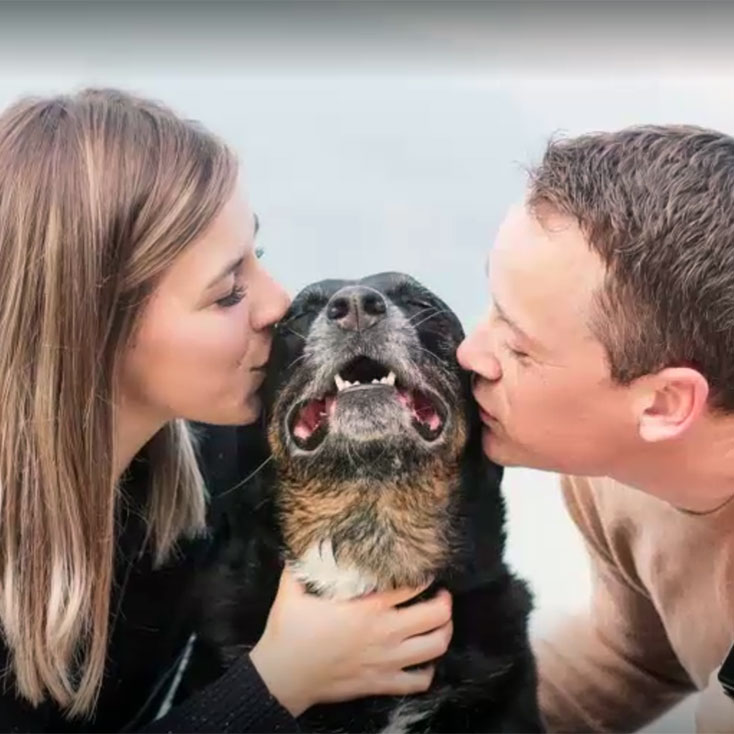

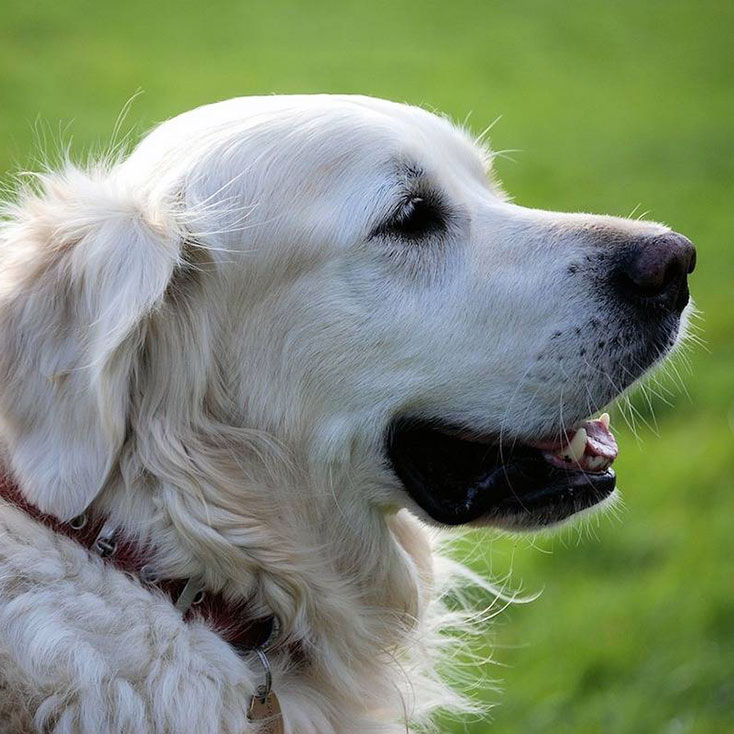
Okanagan Pet Cremation Hosts Pet Loss Grief Support Forum on March 17th
March 7, 2019
Read This Article HereCentral Okanagan Pet Loss Grief Support Counsellors

Christina is a Registered Social Worker/Counsellor and graduate from the University of Regina where she holds a degree in Social Work. She also holds a Business degree with Hons. – Christina is a community volunteer, senior’s advocate, and passionate about providing client-centered care by utilizing a ‘Circle of Care’ Approach.
More Info About Christina Fenske

Jessica Hughes
Registered Therapeutic Counsellor/Holistic Health Coach
Associate Director of Bereavement Services for the Central Okanagan Hospice Association. A Registered Therapeutic Counsellor and Holistic Health coach. Jessica gives talks, facilitates workshops and works to give back to her community. Exploring pet loss in a safe and supportive atmosphere, can help to begin the healing process and help one transition to a place of balance where they are better able to cope.

With a Master’s in counselling psychology, Michelle’s practice has been deeply rooted in psychotherapy for over 15 years. She also has a deep respect for the unique specialness that animals bring to our world, which has grown in her therapeutic work with one of her dogs for St John Ambulance.
More Info About Michelle De Vies
North Okanagan/Shuswap Pet Loss Grief Support Counsellors
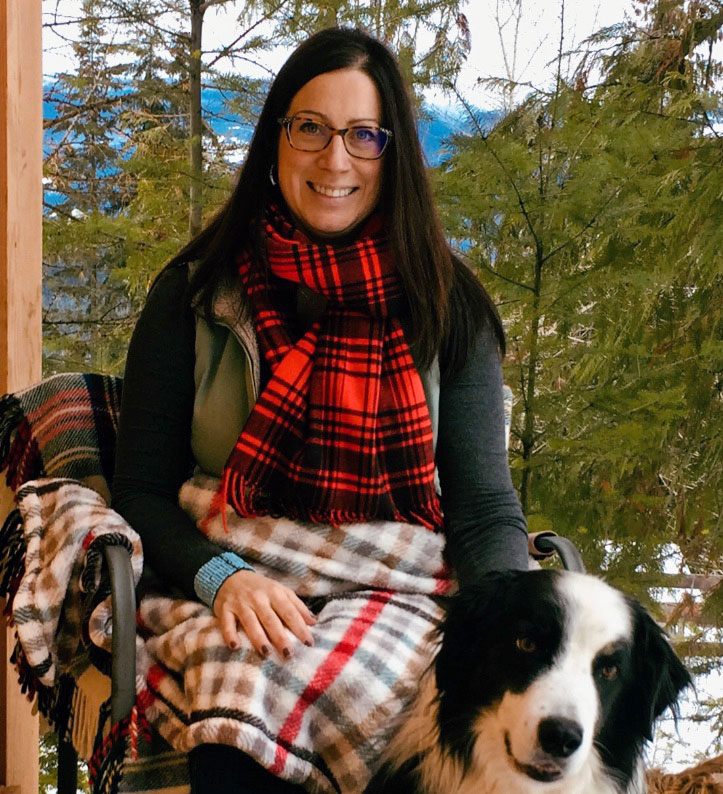
Tammy Thielman BSW MSW RSW is a Masters-level counsellor who offers compassionate, client-centred, trauma-informed mental health support to those living with the profound grief and loss that can accompany the loss of a pet. Raised on a farm, Tammy is a life-long equestrian, Border Collie and Jack Russell owner, and lives on a working farm with her family, about 20 sheep and several house cats.
More Info About Tammy Thielman

As a Registered Clinical Counsellor with a long background in teaching, I have supported children and adults through life challenges and losses for many years.
More Info About Alma Jean Inkster

Leigh Van Dyke – BSW, RSW
Registered Social Worker/Specialized Bereavement Counsellor
Good Grief Counselling provides you with the confidence and tools you may need to move through your loss. Leigh is a registered social worker and a specialized bereavement counsellor providing one-on-one grief support either caused by a death, divorce, or any of the more than forty other losses that we can encounter during our lifetime. A long-time practitioner of mindfulness she incorporates a daily practice to create a foundation of balance and gratitude. Her family includes a 15-year-old dog ‘Molly’ and a new addition, ‘Mabel’ the kitten.
More Info About Leigh Van Dyke
Kamloops Pet Loss Grief Support Counsellors

Stride Wellness provides counselling services with a holistic approach. Michelle has a Master of Education in Counselling, is a Registered Clinical Counsellor, and has a passion for helping and supporting others.
More Info About Michelle Onyango
West Kootenays Pet Loss Grief Support Counsellors
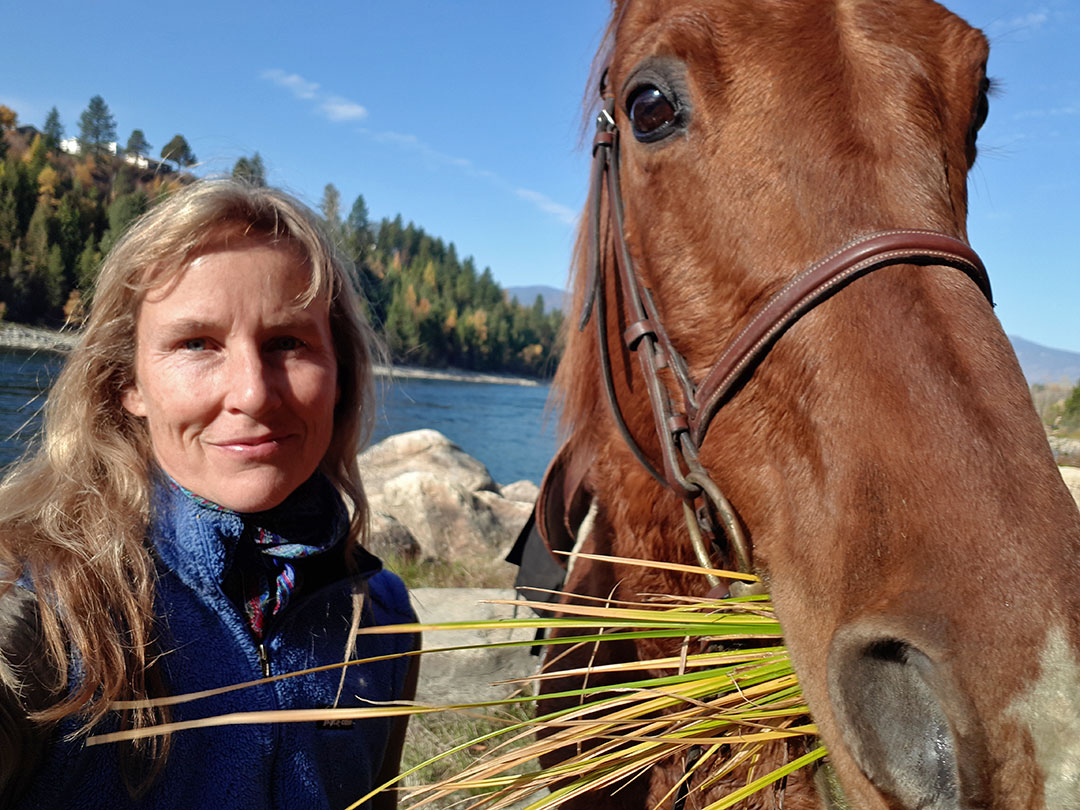
Anni Muhlegg is a registered counsellor who works in private practice in Castlegar, BC.
More Info About Anni Muhlegg

Gabriel Keczan
Registered Therapeutic Counsellor/Art Therapist
Gabriel Keczan is a Registered Therapeutic Counsellor and Art Therapist with a deep reverence for grief, mourning and making reciprocity with our other-than-human kin. His practice balances the blessings of gratitude and grief as well as supporting the process of mourning the loss of loved ones. He utilizes a wide range of expressive modalities as well as Earth-honouring ritual facilitation services as a celebrant and ordained minister.



